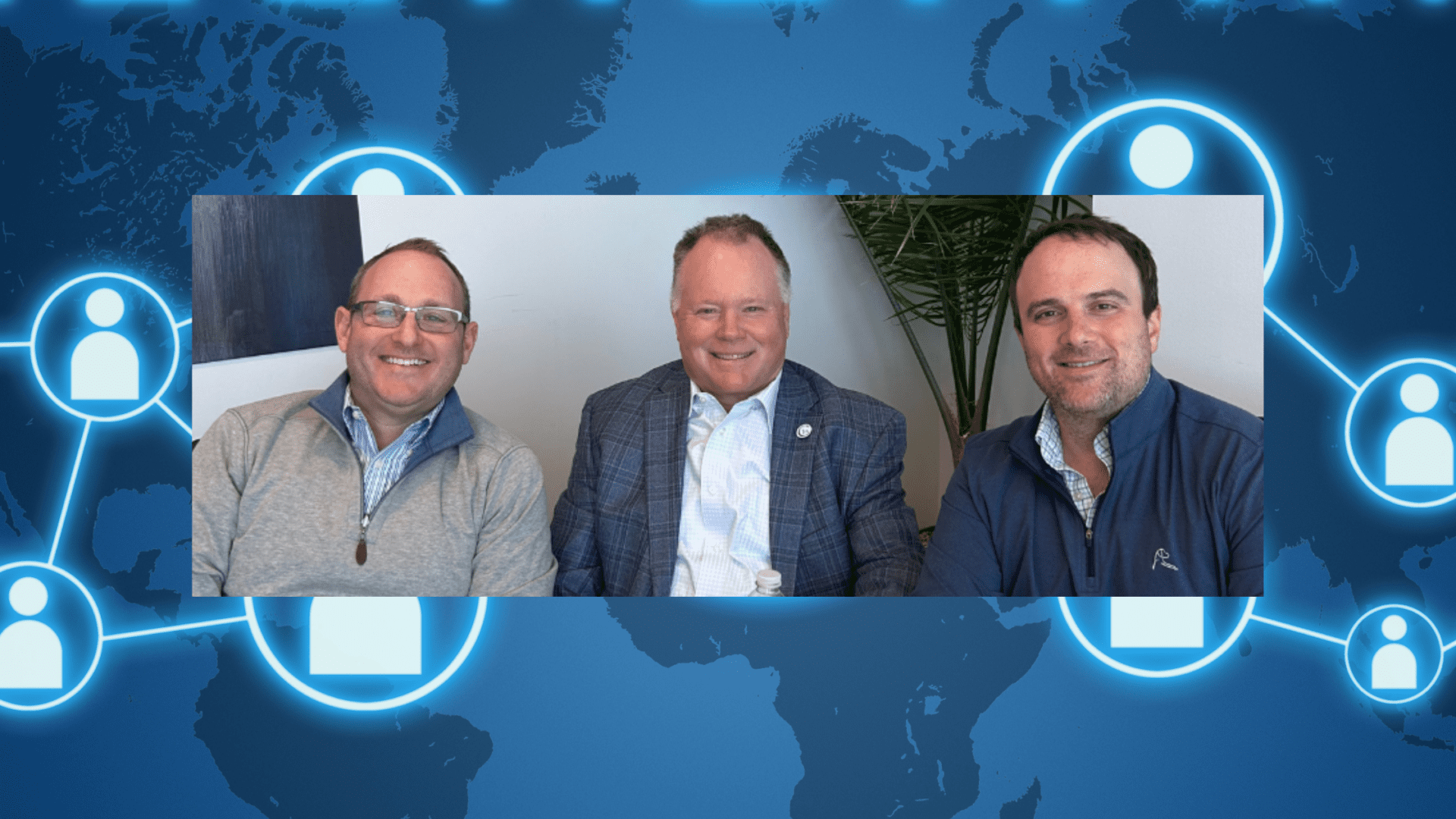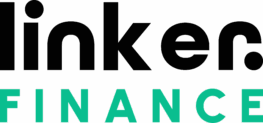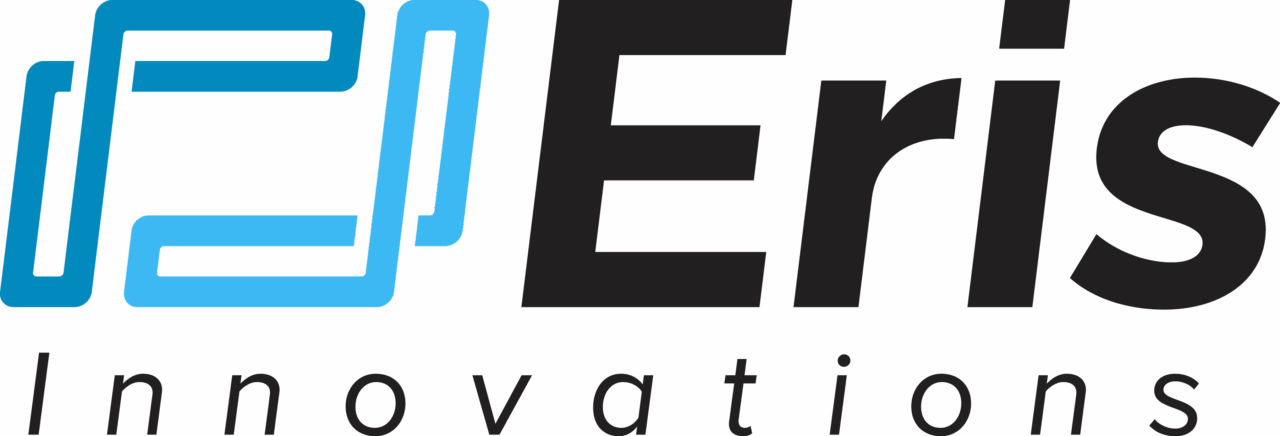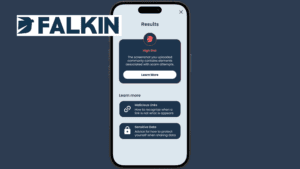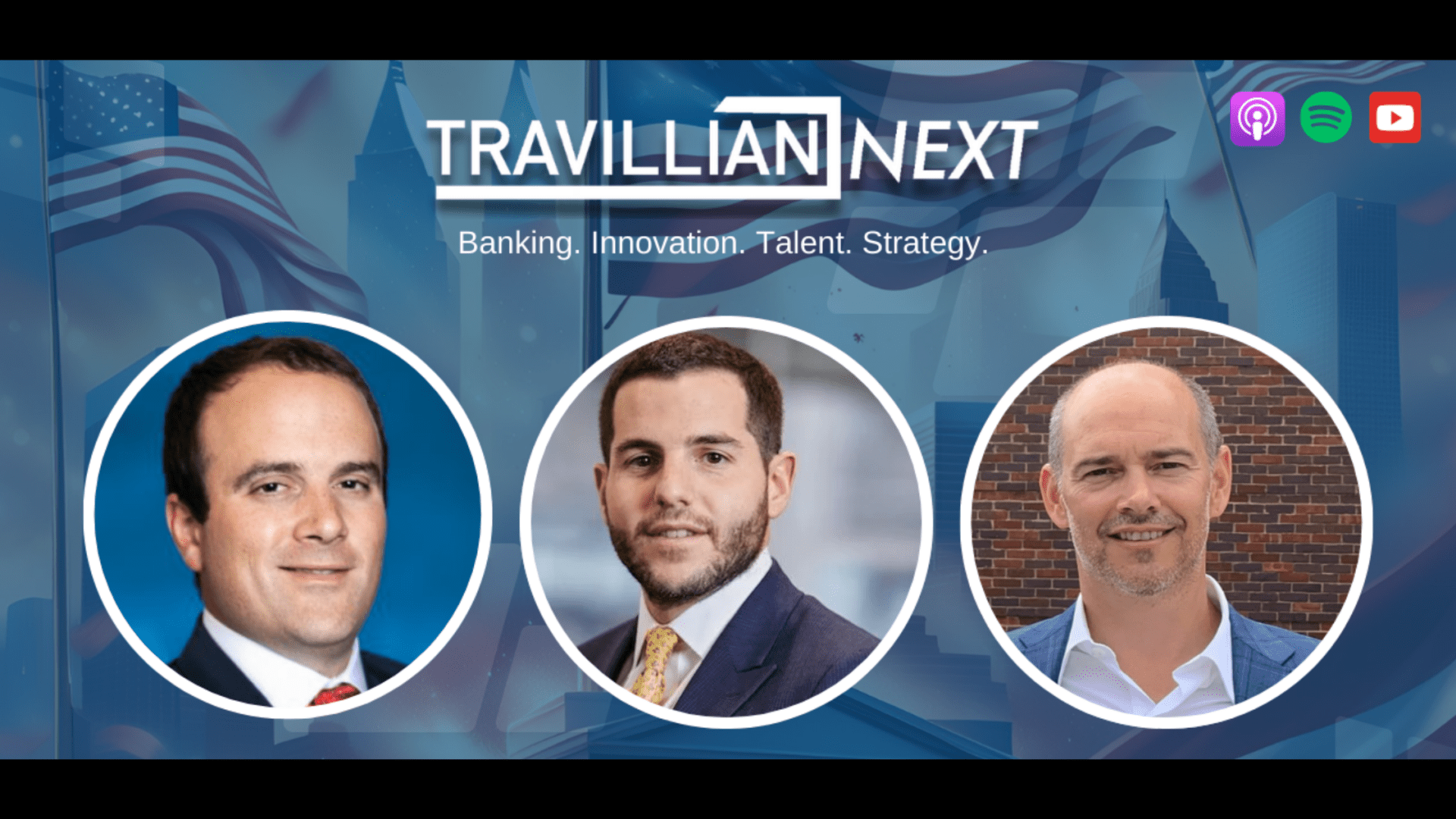The challenge of attracting and retaining top talent in community banking is a constant struggle, particularly for institutions like 1st Colonial Community Bank. CEO Bob White, in a recent discussion with Travillian Group’s Brian Love and Mike Perito, highlighted the hurdles of finding experienced commercial bankers and how his bank is tackling the issue.
The Growing Need for Bank Industry Talent
“Our budget for 2025 has gone up dramatically,” White explains. “We maintained optimism heading into the end of last year and really thought that 2025 would be the time to thrive. But realizing our run rate in 2024, we knew we needed to add talent.”
Yet, as Love pointed out, the best commercial lenders are often the ones who aren’t actively looking. “The best ones don’t answer your call,” he remarks. This makes recruitment a prolonged process that can take months or even years.
To address the scarcity of experienced talent, White’s bank has focused on internal training programs. “We’ve developed a job-analysis tool where managers and team members identify skill gaps, and we create a plan to fill them,” he said. This includes external training through the Risk Management Association (RMA) and credit training programs to build foundational skills for up-and-coming relationship managers and business development officers.
Balancing Loan Growth and Deposit Strategies in a Changing Market
While loan growth remains a primary objective, White acknowledged the complexities of credit decision-making. “We want to ensure that we don’t waste anyone’s time. If a deal isn’t a fit, we’d rather tell the customer upfront than go through a lengthy process only to say no.”
Beyond lending, deposit gathering has become an increasingly competitive challenge post-COVID. Love noted that chief retail officers now require a diverse skill set, spanning marketing, media, and technology. “It’s not just about managing a branch network anymore,” he says. “It’s about delivering the entire bank to the customer.”
White agreed, underscoring that while branch banking is evolving, it remains crucial. “Branch banking isn’t going away; it’s a distribution channel,” he said. “Our goal is to position ourselves so customers can do business how and when they want.”
Ensuring a Successful Merger: The Human Element in Bank Acquisitions
Mergers and acquisitions (M&A) remain a tool for scaling, but White emphasized that 1st Colonial is approaching M&A with careful consideration. “We’re open to conversations with banks of similar or smaller size because we see power in scale,” he explains. “It hasn’t happened as quickly as we’d hoped, but we remain engaged in discussions.”
Love pointed out that M&A is often used as a succession tool, not just for CEOs but across leadership roles. “We’ve seen CFOs, chief marketing officers, and presidents transition into leadership at acquiring banks,” he comments.
White acknowledged the importance of cultural fit in any potential merger. “The social issues—who ends up in what position—are among the biggest challenges,” he says. “But if we focus on putting the best-qualified person in each role, the bank wins.”
Leadership, Technology, and the Future of Decision-Making in Banking
As banks grow, decision-making structures must evolve. Perito questioned how institutions like 1st Colonial balance diversity of thought while avoiding groupthink.
“Our board has changed over the years,” White shares. “We’ve been intentional about filling skill gaps and ensuring we have an engaged board that challenges us.” Within the bank, an “Ideas Group” was created to solicit input from employees on ways to improve operations.
Technology also plays a growing role in scalability, but White emphasized that banking remains a people-driven industry. “AI and machine learning can help us become more efficient, but we’re not looking to replace people—we’re looking to scale without adding unnecessary headcount.”
Ultimately, White’s leadership philosophy is rooted in empowerment and accessibility. “We want our team to make decisions, not just defer to leadership,” he said. “At the end of the day, community banking is about relationships, and we need people who understand that.”
The complete interview detailing the challenge of talent acquisition in community banks can be found at Travillian Next.

